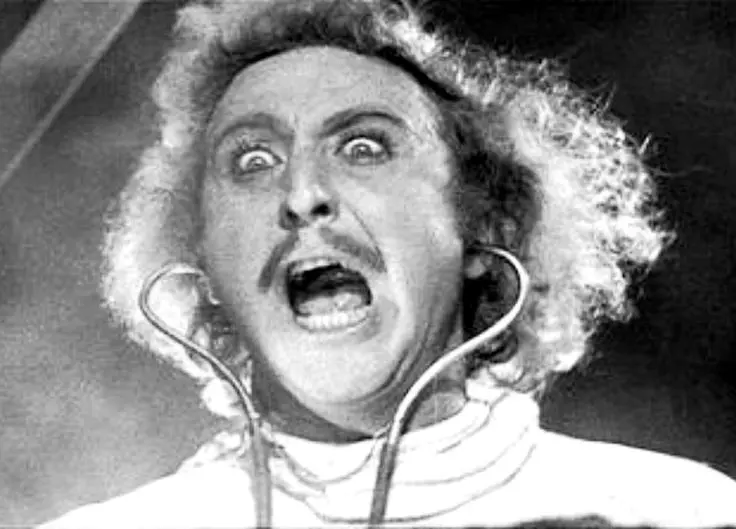Read in September 2024 for a workplace book club. I wasn’t able to attend the book club in the end and had to share my thoughts with people after the fact.
- I hadn’t read Frankenstein before, but really enjoyed it and found it very different from what I expected.
- Such a deservedly famous book; it is amazing that the author was 19 when she started it, since it’s well structured and touches on many deep things; I liked (but maybe didn’t love) the romantic writing style, and liked even more the story-within-a-story-within-a-story thing. Actually, there is a fourth story that Mary Shelley is telling us too.
- I enjoyed thinking about the big what-if in terms of plot, namely what would have happened had Frankenstein persevered in his sympathy for the devil and created a companion monster; would they have all lived happily ever after? He was very tempted for a while to let two wrongs make a right.
- Frankenstein’s (and Walton’s) original motivations are at least somewhat good, in that they hope their discoveries will benefit mankind, but mostly they are driven by a Faustian hubris. It actually made me think a bit of The Silmarillion, believe it or not. Fëanor, the greatest craftsman, creates the Silmarils, but his pride leads to the destruction of the Trees, the loss of the Silmarils, his own death, and untold strife in Middle Earth. In my mind, throughout Tolkien there is a preoccupation with what he called “sub-creation”, the creature’s own impulse to create in imitation of his Creator (see his Mythopoeia), and yet this good impulse is often perverted, as with Fëanor, Melkor, and Mary Shelley’s Frankenstein.
- Never having read Paradise Lost, it made me think I really should some day. There’s that line that the monster gives, to paraphrase, “I should have been your Adam, but instead I am your Satan.” Seems like there are a lot of references throughout, and I only have a vague idea of how Satan is characterized by Milton in contrast to the normal Christian conception.
- I thought Frankenstein’s travels to Britain a bit of an unnecessary novelty. The book would have been better with a more consistent alpine setting.
